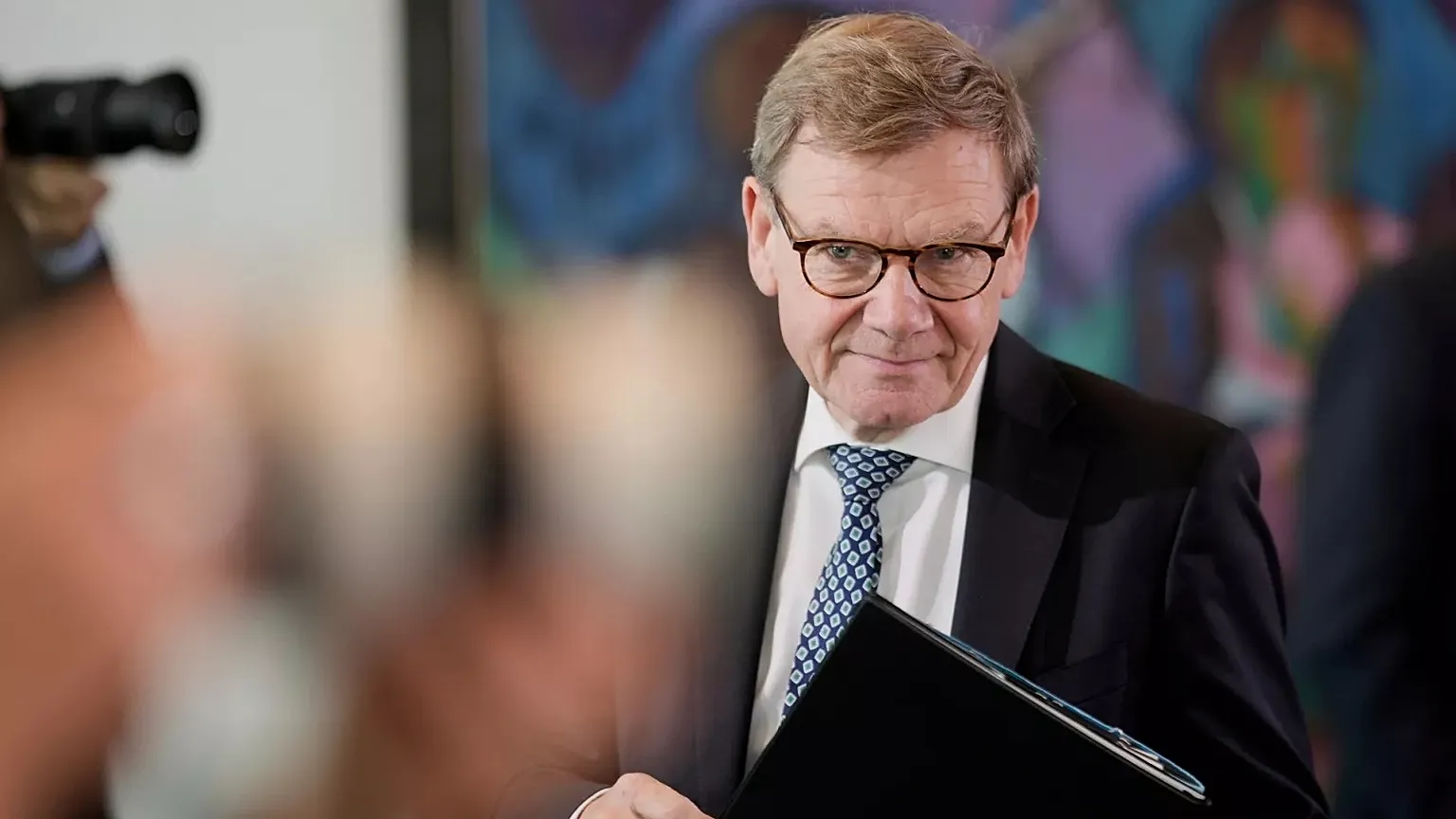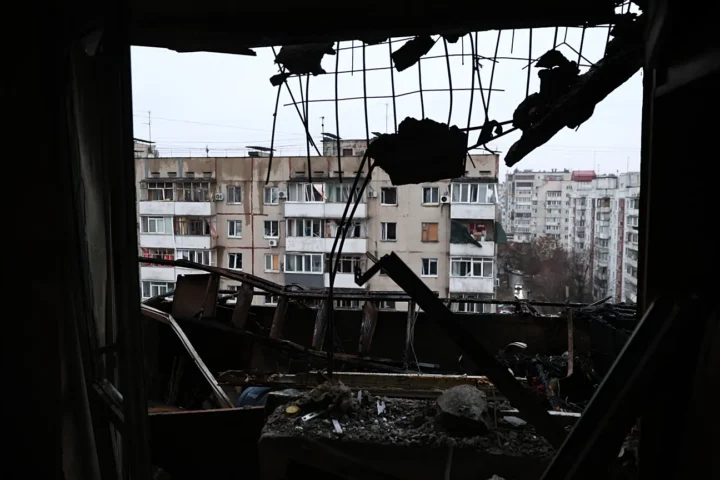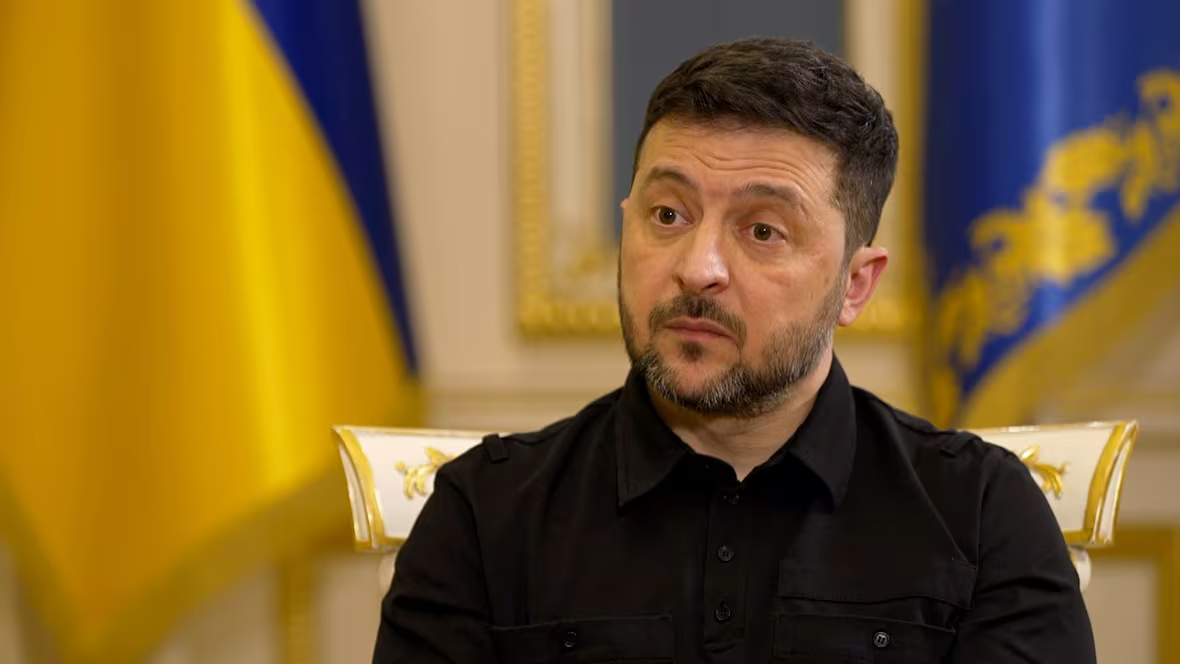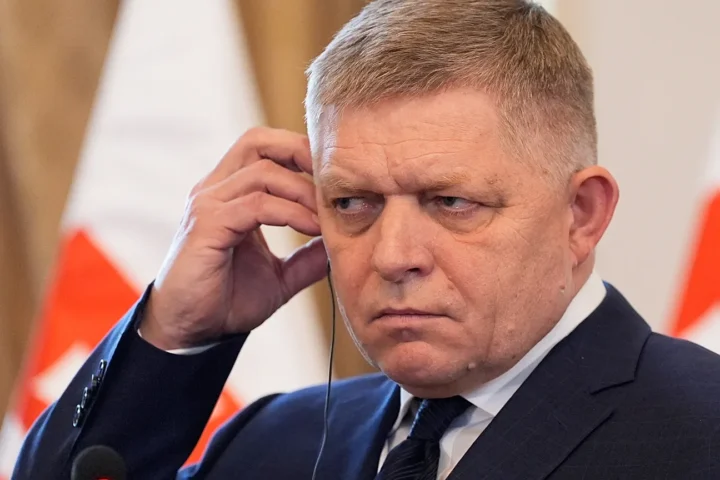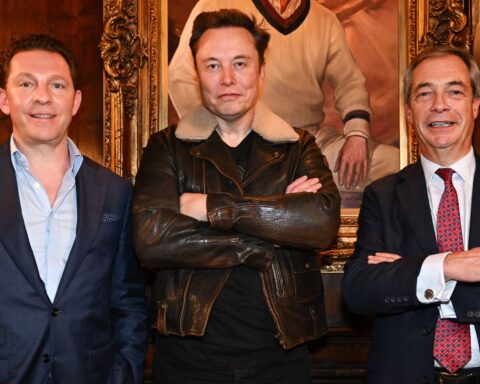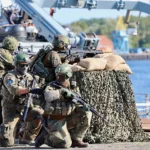Germany’s Foreign Minister has sharply criticized China for what he described as “aggressive behaviour” on the global stage, particularly its support of Russia amidst ongoing geopolitical tensions. The statement underscores Europe’s growing concern about Beijing’s increasingly assertive foreign policy, as well as the complex international dynamics surrounding the Ukraine conflict, trade disputes, and regional security challenges.
The Statement: Key Takeaways
In a recent public address, the German Foreign Minister expressed alarm over several developments:
- Backing Russia: China’s diplomatic and economic support for Russia has raised concerns in Berlin and across the European Union.
- Aggressive international posture: Beyond Ukraine, China’s activities in the Indo-Pacific and toward Taiwan were highlighted as examples of assertive foreign policy that threatens global stability.
- Calls for accountability: The minister urged Beijing to respect international norms and stressed that Germany, alongside its allies, would continue to defend the rules-based international order.
The comments were made against a backdrop of ongoing EU debates on how to balance economic cooperation with China against security and geopolitical concerns.
China-Russia Alignment
China’s relationship with Russia has intensified since the outbreak of the war in Ukraine in 2022. Berlin has raised concerns about several forms of support:
- Economic assistance: Trade, energy deals, and financial cooperation that could help Russia circumvent Western sanctions.
- Diplomatic backing: China’s use of international forums to defend or minimize Russia’s actions.
- Technology and military exchanges: While largely opaque, analysts warn that any technical support could prolong the conflict or shift regional power balances.
The German Foreign Minister’s criticism reflects a broader European unease with what is perceived as a growing geopolitical triangle between Moscow and Beijing, which challenges Western influence in global security affairs.
Germany’s Strategic Position
Germany finds itself navigating a delicate balance:
- Economic ties: China is Germany’s largest trading partner outside the EU, with billions of euros in bilateral trade, particularly in automobiles, machinery, and industrial technology.
- Security concerns: Germany is a leading member of NATO and the EU, committed to deterring aggression and upholding international law.
- Geopolitical influence: Berlin is working closely with allies in Europe and the U.S. to coordinate responses to China and Russia without endangering economic interests.
The minister’s remarks signal a hardening of Germany’s diplomatic posture, emphasizing that economic interests cannot override principles of global security and law.
European and International Reactions
Germany’s position has sparked discussion among EU member states and international partners:
- EU solidarity: Several European capitals have expressed support for Germany’s emphasis on accountability, though some advocate for more cautious language to preserve trade relations.
- NATO perspective: Allies in the U.S. and Canada view the criticism as aligned with broader Western concerns about China’s alignment with Russia.
- China’s response: Beijing typically rejects such accusations, framing its cooperation with Russia as neutral and emphasizing sovereign decision-making and non-interference.
This diplomatic friction is likely to shape EU-China engagement for the foreseeable future, particularly in areas of trade, technology, and security cooperation.
Implications for Global Politics
The German Foreign Minister’s remarks highlight several key trends:
- Rising tensions in Europe-Asia diplomacy: Europe increasingly perceives China’s actions through a security lens, not just economic.
- China-Russia strategic coordination: The alliance complicates Western efforts to isolate Moscow and uphold sanctions.
- Economic vs. ethical diplomacy: Germany, along with the EU, faces ongoing tension between maintaining trade ties and confronting perceived international law violations.
Analysts suggest that Germany’s public criticism may signal a broader European recalibration, where principles of security and international order begin to take precedence over short-term economic engagement with China.
Conclusion
Germany’s denunciation of China’s “aggressive behaviour” and support for Russia marks a significant moment in international diplomacy. The comments reflect both frustration with China’s growing assertiveness and a commitment to uphold a rules-based global order.
As tensions rise, Berlin’s stance may influence EU policy, NATO strategy, and global approaches to managing China-Russia cooperation. For Europe, the challenge remains: how to navigate economic interdependence with China while defending security and geopolitical principles—a balancing act that will shape international relations for years to come.
